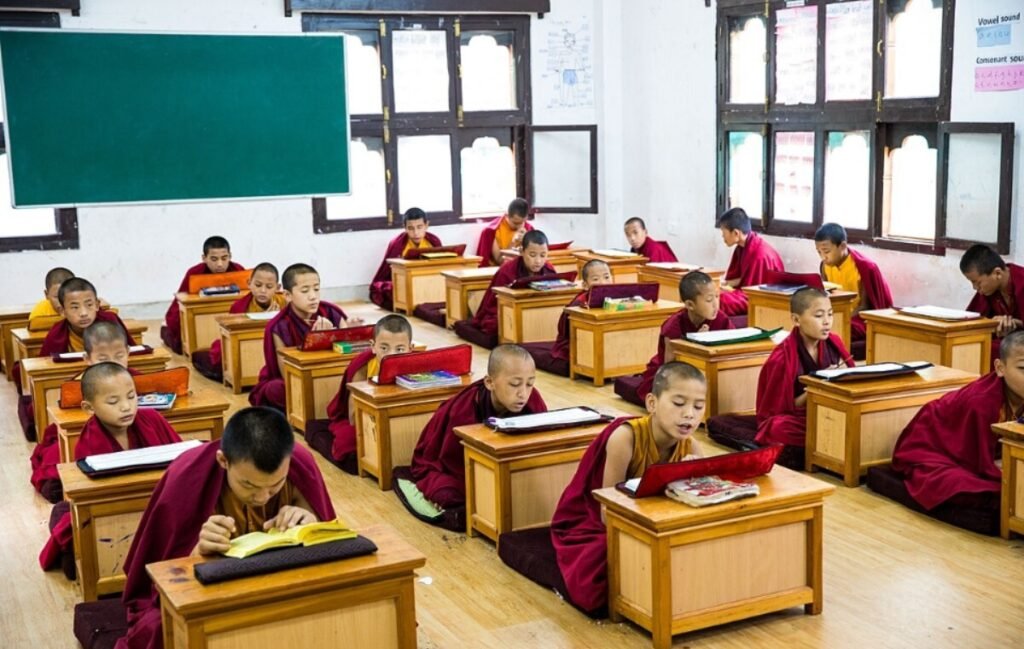
The MoESD in Bhutan has launched an ETF to modernize digital learning nationwide. The framework aims to enhance children’s learning experiences, develop skills through reliable school connectivity, enrich digital content, and promote cybersecurity awareness. It aligns with the 13th Plan’s focus on digital infrastructure, digital literacy, and innovation in education. The European Union (EU) has funded an initiative to integrate technology and digital skills in Bhutan’s education system. The ETF, which includes eight policy documents, aims to move the country from an emerging stage of ICT in education to an infusing stage, integrating technology seamlessly into the curriculum and learning.
The framework emphasizes important areas including improving students’, teachers’, and ECCD facilitators’ digital literacy, creating pertinent digital content, encouraging competency-based and individualized learning, and making sure that cybersecurity and online safety measures are in place. Now that the ETF has been introduced, efforts will start to implement these rules and regulations. To give teachers the tools they need to use technology in the classroom, MoESD started by creating a thorough training program based on ETF’s digital literacy requirements. This was followed by capacity-building initiatives. All upcoming national and district-level efforts pertaining to the digital transformation of education will be built upon the ETF.



